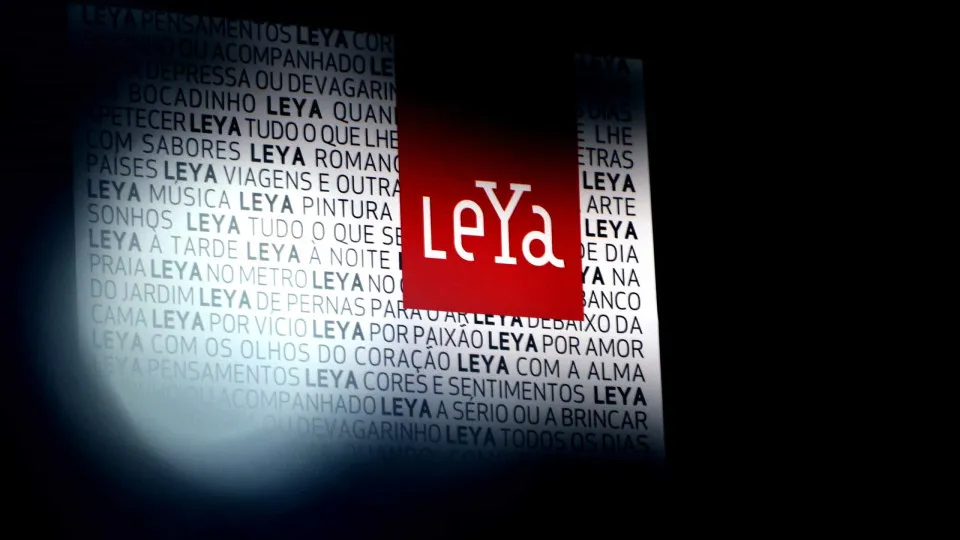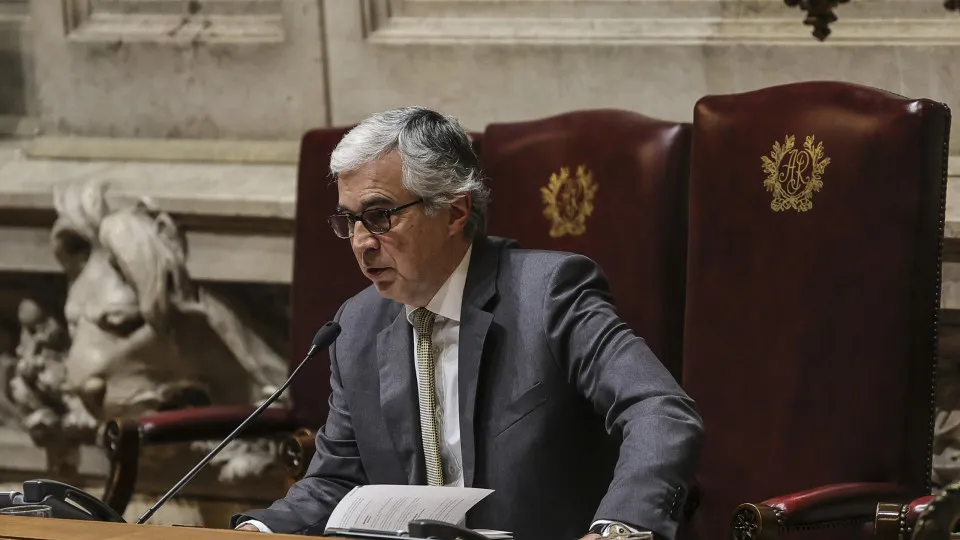
At the announcement of the winning work, jury president Manuel Alegre praised the elegance of the writing, noting that the author “brings to the course of the plot and the intimate and social journey of the characters problematic and tumultuous situations of burning relevance in Europe, especially those arising from immigration from Africa and the Near East.”
Born in 1979, Carla Pais, who resides in Paris, has other published novels, the most recent of which, “Um cão deitado à fossa,” received the 2018 Cidade de Almada award and the 2023 SPA Prize for Best Narrative Fiction Book.
This 14th edition of the LeYa Prize received 1,460 entries, 337 more than last year, making it the most contested edition ever, according to the publishing group.
Entries came from 15 countries, seven more than in the previous edition. Brazil led the entries with 933 submissions, followed by Portugal with 416. Mozambique had the third-highest number of contestants with 31 entries. Other countries with fewer than 30 entries included Angola, Germany, Cape Verde, France, Belgium, Spain, and São Tomé and Príncipe, among others.
Besides the author of “Praça da Canção,” the jury included José Carlos Seabra Pereira, a professor at the Faculty of Arts of the University of Coimbra, Isabel Lucas, a journalist and literary critic, Lourenço do Rosário, former rector of the Polytechnic University of Maputo, Ana Paula Tavares, poet and winner of this year’s Camões Prize, and Josélia Aguiar, journalist and historian.
The LeYa Prize was established in 2008 to distinguish an unpublished novel written in Portuguese, offering a monetary value of 50,000 euros, making it the largest literary prize for unpublished novels.
“O Rastro do Jaguar,” by Brazilian author Murilo Carvalho, was the first winner in 2008. Over 18 editions, the prize was not awarded three times due to lack of quality, according to the jury – in 2010, 2016, and 2019 – and was also not awarded in 2020 due to the COVID-19 pandemic.
Portugal leads the list of winners, with eight authors, the most recent being Nuno Duarte last year with the novel “Pés de Barro,” followed by Brazil with four authors. Mozambique has one winner, João Paulo Borges Coelho, in 2009 with “O Olho de Hertzog.”




